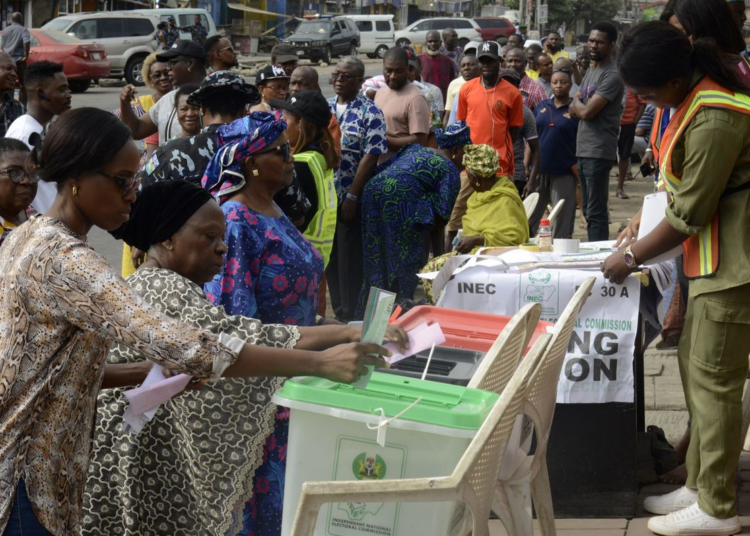Economists have repeatedly submitted that human wants are insatiable.
The DNA of Africans, when it comes to losing elections, has given many realistic definitions to our greedy attitudes to power and animosity.
A peep into history shows that the Western world has demonstrated nothingness to power and its ephemerality.
They applaud genuinely won elections and focus on corporate unity and flying the flag together in accord. The opposite is the case in our environment. We are rigidly vindictive and democratically unforgiving.
Institutional loyalty has been significantly demonstrated in most historic United States of America elections.
When importance is attached to a system, society and institutions rather than persons or personalities dividends of democracy are bound to be tremendous. Ability and uncommon courage to accept defeat and embrace winners is the beauty of democracy. Speeches are pregnant and it heals wounds easily. It portrays maturity in a man. Prioritising institutional growth and development fuels the wheels of development in a union.
A leader with institutional loyalty and altruistic spirit will be much bothered about indelibly engraved legacies and names being written in gold.
Historians are not history but those who made headline news for negative reasons are documented in the archives of life. There are two judges of human actions, conscience and history. The former when you are alive, the latter when you are no more.
The ivory tower union is expected to be alive with legacies of documentation and transparency. It must be alive with sound negotiations and empathy, not a business centre.
The moment loyalty to the sovereignty of members is considered inconsequential and those in offices, at one point in time, see it as a conduit to personal gains, genuine loyalty to representation becomes injurious.
Till date, the name Atahiru Jega is synonymous with honesty and doggedness. He led ASUU with reputation. Nobody can forget in a hurry, JEGAMIZIN as an antidote for Orubebe in a sensitive election time that produced the presidential offer to the late Muhammadu Buhari. Men of honour are conscious of their reputation.
A leader of conscience must honour the will of the electorate. The election of the Senior Staff Association of Nigerian Universities (SSANU), a trade union representing senior non-teaching staff in Nigerian universities, on July 31st,2025, is not even about winners but a statement of caution for winners. It is instructive.
It is a defined and divine message of warning that ephemerality is natural, awareness is advancing, business as usual is ending, and elitist consciousness has been invoked for accountability and constitutional adherence. Never take people for granted. The owners of the mandate are the electorates. It is a test, a call to duty, and a constant reminder that the only permanent thing is change.
Institutional loyalty and prioritisation of the union first above individuals is the best way to go. We must fly the beautiful brand of University of First Choice and the Nation’s Pride in SSANU to an admiring one.
A leader, whether an accountant or an auditor, must be ethical and practical with the ethics of the profession in governance. Irrespective of the profession of a leader, never excuse transparency and humility in your conduct. Make transiency of power a daily hymn. Respect the mandate by not abusing privileges and the confidence reposed in the oath of office. These are the ingredients that can make a better SSANU in the University of Lagos.
In view of the above, it has been proven that age is never an index of intelligence throughout history. Nobody has graduated from experience throughout history.
Solomonic wisdom is required in navigation. Nobody has a monopoly on wisdom. Knowledge is not gained by intuition, as we are all borrowers of individual thoughts and ideas.
The will of the people must be honoured. I am convinced that the new EXCO will subscribe to the voice of reason and supremacy of Congress as a credo and constitutional adherence as a substance of belief.
–Olayiwola writes from University of Lagos





